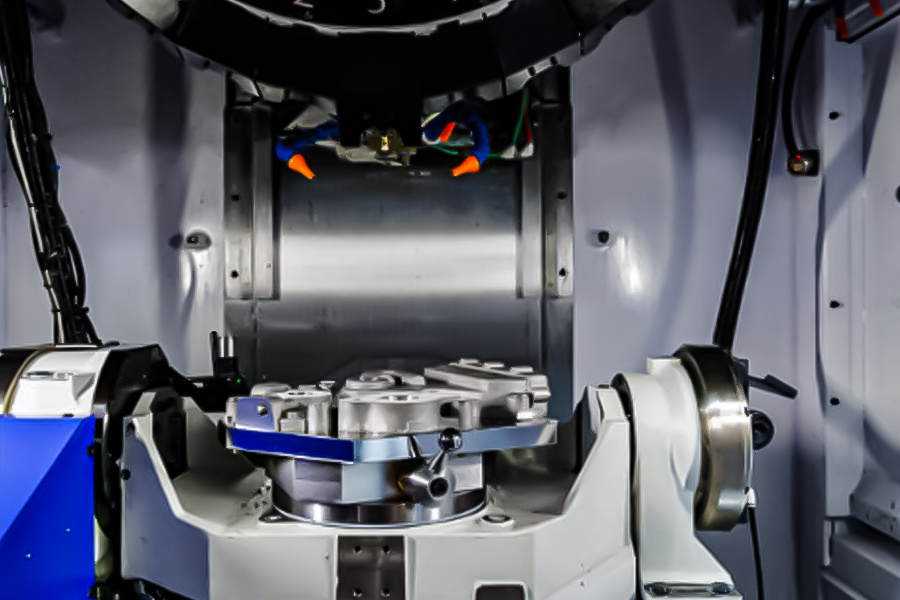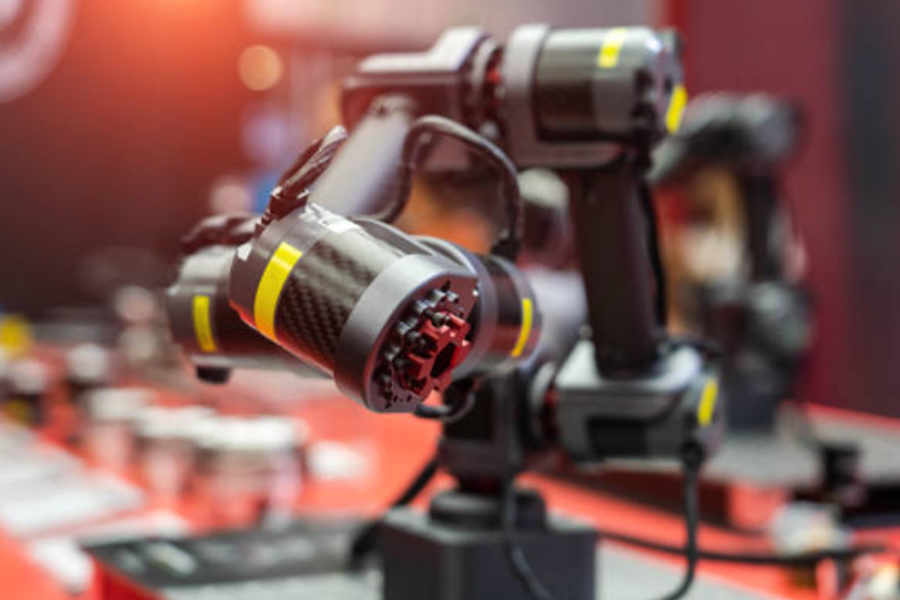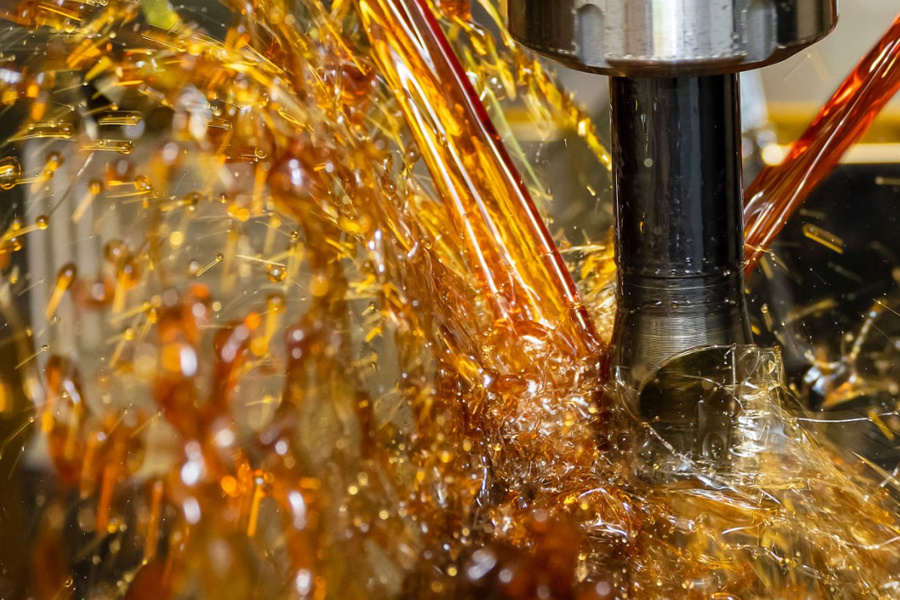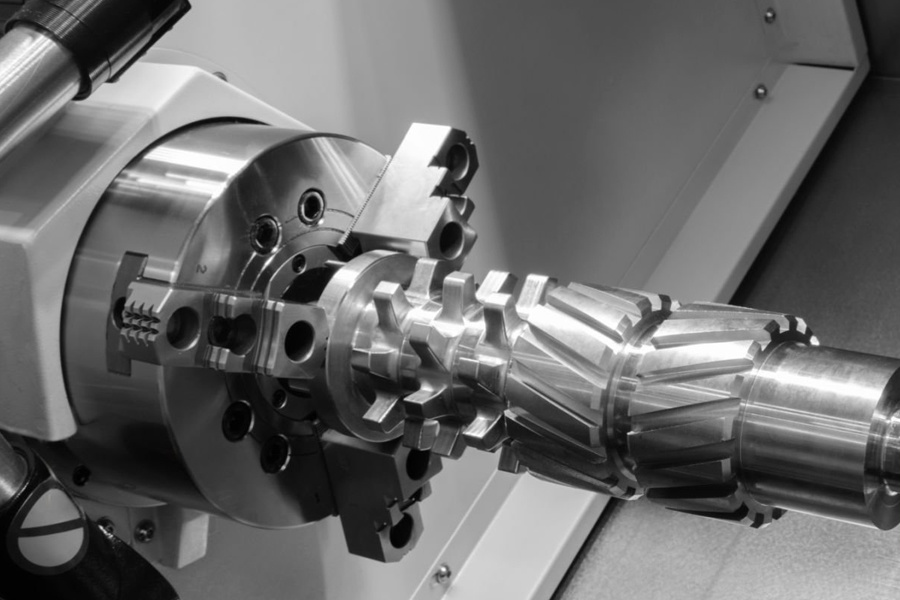CNC Precision Machining Powers High-Quality Manufacturing
Release time:
2025-04-15
CNC precision machining, with the deep integration of digital control and precision machining technology, provides a systematic solution for the production of high-precision and complex structural parts, and plays an irreplaceable role in aerospace, medical equipment and other fields.
At the critical stage of the transformation and upgrading of modern manufacturing industry, CNC precision machining has become an important force to promote industrial upgrading with its excellent technical performance and wide application scenarios. As a typical representative of advanced manufacturing technology, CNC precision machining provides a systematic solution for the production of high-precision and complex structural parts through the deep integration of digital control and precision machining technology, and plays an irreplaceable role in many key fields.
Technical characteristics and core advantages of CNC precision machining
CNC stands for computer numerical control, and its core is to accurately control the processing equipment through programming instructions. Precision machining requires dimensional accuracy and surface quality at the micron or even nanometer level. The CNC precision machining technology formed by the combination of the two has three core technical characteristics:
1. Digital control system
Relying on the digital model built by CAD/CAM software, the machining instructions can be accurately converted into the motion trajectory of the machine tool. Through the G code programming system, the full process digital control of the spindle speed, feed speed, and tool trajectory is realized, avoiding manual operation errors, and the machining accuracy is controlled at the level of ±0.001mm, meeting the manufacturing requirements of high-precision parts.
2. High-precision hardware configuration
Precision machining machine tools are equipped with core components such as high-rigidity bed, high-precision ball screw, linear guide, etc., combined with advanced drive systems such as electric spindle and torque motor, to achieve high dynamic response performance. Auxiliary function modules such as temperature compensation system and vibration monitoring device further ensure the stability of the processing process and provide a hardware foundation for precision machining.
3. Process integration capability
This technology can integrate multiple processing technologies such as turning, milling, boring, grinding, and drilling into one, and realize one-time forming of complex curved surfaces through multi-axis linkage machining center. For difficult-to-process materials such as titanium alloy, aluminum alloy, and high-temperature alloy, by optimizing tool path and cutting parameters, it can effectively control cutting force and cutting heat to ensure consistency of processing quality.
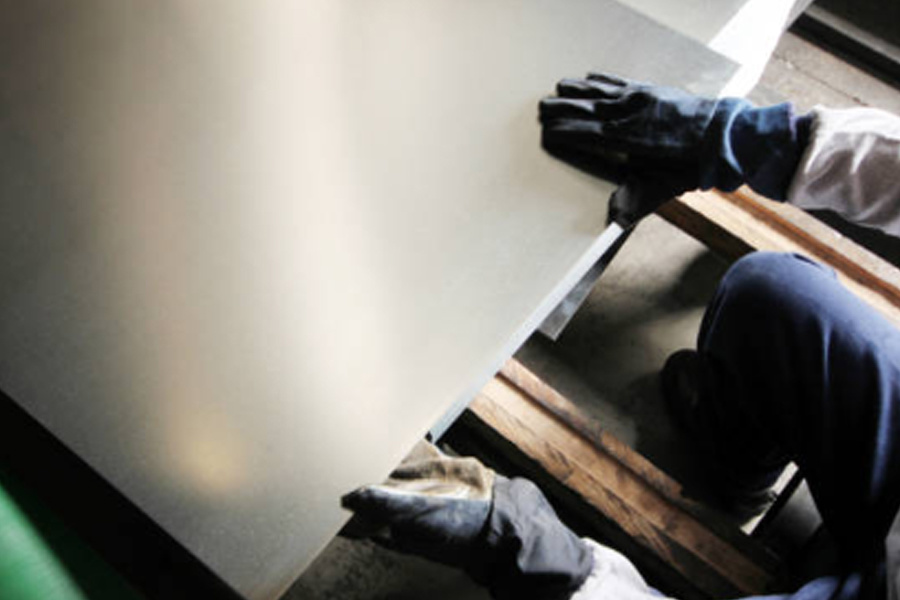
Technical value in multiple application scenarios
The technical advantages of CNC precision machining have been fully applied in multiple high-end manufacturing fields and have become a key technical support for promoting industrial upgrading:
1. High-end equipment manufacturing
In the aerospace field, it is used to process high-precision parts such as aircraft engine blades and aerospace structural parts, solving technical problems such as deformation of thin-walled parts and precision control of complex curved surfaces. In medical device manufacturing, precision-machined orthopedic implants and medical imaging equipment components meet the dual requirements of biocompatibility and dimensional accuracy, ensuring the safety of medical products.
2. Electronic information industry
Precision structural parts processing in the consumer electronics field, such as 5G communication base station filters and smart phone metal shells, requires dimensional accuracy of 0.01mm and surface roughness below Ra0.2μm. CNC precision machining uses high-speed cutting technology and precision detection methods to achieve key processes such as micro-hole processing and ultra-thin-wall parts forming, promoting the miniaturization and lightweight development of electronic equipment.
3. New energy equipment
In the manufacturing of new energy vehicles, the processing accuracy of key components such as motor housings and battery structural parts directly affects equipment performance. For precision machining of lightweight materials such as aluminum alloys, by optimizing cutting technology and tooling design, the machining efficiency and surface quality are effectively improved, meeting the requirements of new energy vehicles for high reliability and long life.
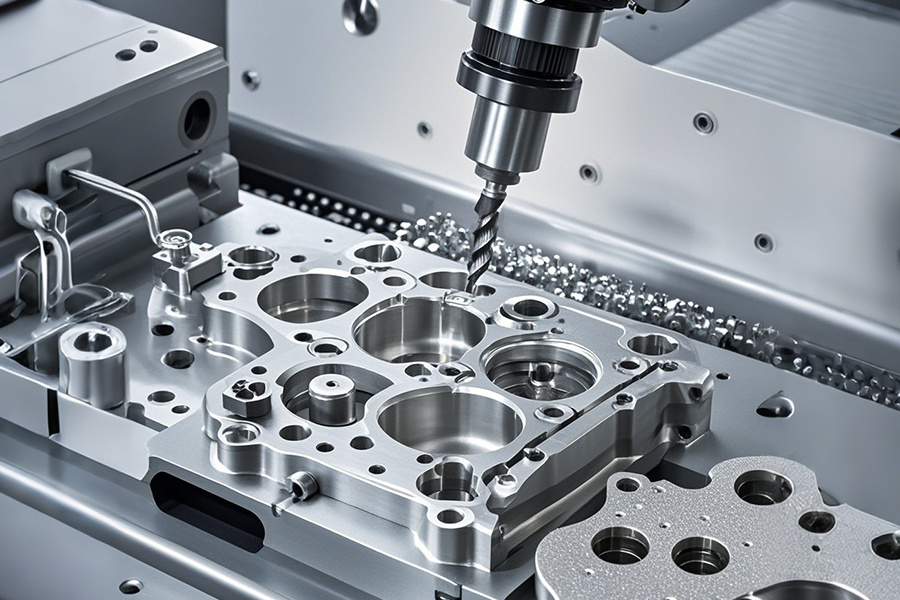
Industry development trends and technological innovation directions
With the intelligent and green development of the manufacturing industry, CNC precision machining technology presents three major development trends:
1. Intelligent upgrade
By introducing industrial Internet technology, the interconnection of machining equipment is realized and intelligent machining units are constructed. Using big data analysis and artificial intelligence algorithms, the machining process is monitored and optimized in real time, and the cutting parameters are automatically adjusted to adapt to changes in material properties and machining requirements, further improving machining accuracy and efficiency.
2. Breakthrough of precision machining limits
In response to the needs of the micro-nano manufacturing field, ultra-precision machining technology is developed to achieve nano-level precision machining capabilities. New ultra-hard tool materials and precision measurement technologies are developed to break through the precision bottleneck of traditional machining processes and provide technical support for fields such as micro-electromechanical systems (MEMS) and optical components.
3. Green manufacturing technology
Promote environmentally friendly machining processes such as dry cutting and cryogenic cutting to reduce the use of cutting fluids and pollution emissions. Optimizing the processing route, improving material utilization, and reducing energy consumption are in line with the trend of green development in the global manufacturing industry.
As the core technology of modern manufacturing, the development level of CNC precision machining directly reflects a country's high-end manufacturing capabilities. With the continuous innovation of technology and the expansion of application fields, this technology will meet the needs of precision manufacturing at a higher level and promote the development of manufacturing industry towards intelligence and high-end.
Related Products
CNC machining multi-axis linkage accurately processes tooth profile and journal size
CNC machining technology plays a core role in the machining of precision gears and shaft parts, achieving high-precision micron-level precision, significantly improving the wear resistance and fatigue resistance of parts, and ensuring the stable operation and high quality of the transmission system. In modern industrial manufacturing, its application in automobile manufacturing, precision instruments, industrial equipment and other fields has significantly improved the overall quality.
2025-06-28
Automotive precision parts processing: Use high-precision gears to drive the future of new energy
The development of new energy vehicles has put forward higher requirements for the precision of parts. The breakthrough of micron-level manufacturing technology has laid the foundation for the stable operation of the power system. High-precision gears are innovatively applied in the energy conversion system of new energy vehicles, which reduces friction loss, improves transmission efficiency and prolongs gear life.
2025-06-18
The manufacturing process of precision accessories in modern medical equipment, especially the use of core processing technologies such as CNC turning and laser micro-welding to achieve precise manufacturing in complex medical scenarios. These technologies not only require precise dimensional control, but also must meet biocompatibility and long-term stability.
2025-06-14
Five-axis machining centers have gradually become the core equipment for the manufacture of complex parts due to their multi-dimensional dynamic machining capabilities. Compared with four-axis equipment, five-axis machining centers significantly improve the machining accuracy and surface quality of special-shaped structural parts through multi-angle synchronous cutting, shortening the production cycle.
2025-06-11


